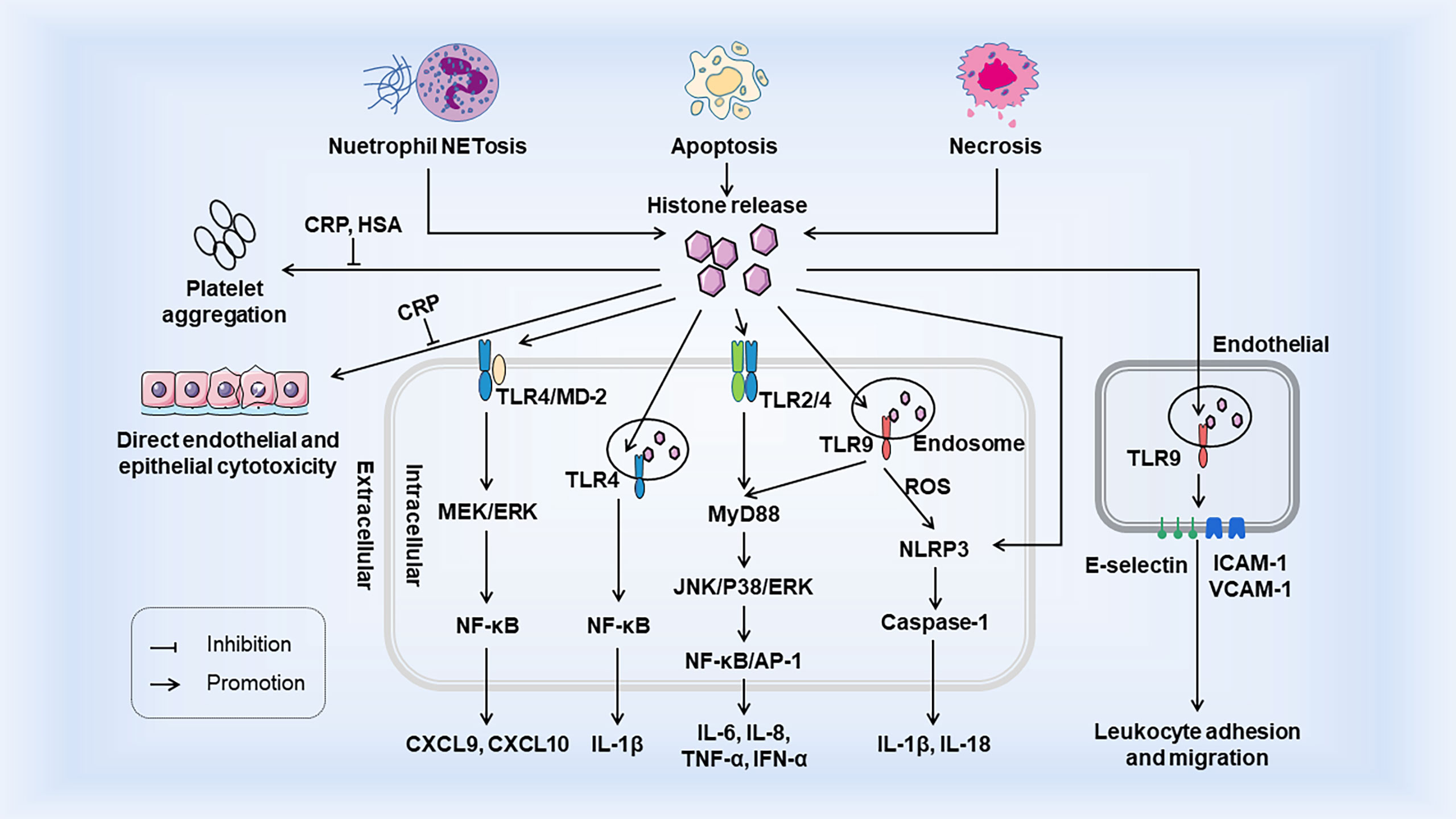Figure 3 from Self Assembly of Histone F 2 a electron microscopy Biology Diagrams
BlogFigure 3 from Self Assembly of Histone F 2 a electron microscopy Biology Diagrams Role of Histone Acetylation in Cell Cycle Regulation Curr Top Med Chem. 2016;16(7):732-44. doi: 10.2174/1568026615666150825140822. Authors Miglena Koprinarova 1 , Michael Schnekenburger, Marc Diederich. Affiliation 1 Institute of Molecular Biology Histones / drug effects* Yang, H. D. et al. Oncogenic potential of histone-variant H2A.Z.1 and its regulatory role in cell cycle and epithelial-mesenchymal transition in liver cancer. Oncotarget 7 , 11412-11423 (2016). The acetylation of histones by a number of histone acetyl transferases (HATs) also plays an important role in coordinating gene expression and cell-cycle progression. Components of the cell-cycle regulatory apparatus are both regulated by HATs and bind directly to HATs. Finally transcription factors have been identified as substrate for HATs.

A putative role for Rad53 as a super-integrator of different signals will be discussed. Advertisement. 2. DNA replication: a crucial event integrated in the cell cycle Finally, therefore, it is interesting to wonder about the processes generating excess histones during the cell cycle (reviewed in Singh et al., 2009). Due to their affiliation with DNA, histones are important for successful cell replication, which takes place via the cell cycle. In chromosomes, DNA is wrapped around proteins called histones.

Role of histone acetylation in cell physiology and diseases: An update Biology Diagrams
Download: Download full-size image Fig. 1.. Model depicting the role of histone acetylation in regulation of cellular development. (a).The heterodimerization of cell cycle regulatory factors Max with transcriptional activator Myc supports the formation of multiprotein complex and recruitment of histone acetyltransferase.

Because histones constitute half of the mass of chromatin, their timely biosynthesis is clearly also a critical event during this phase of the cell cycle. Histones play a crucial role in the packaging of DNA and allow for efficient replication and segregation of chromosomes.

Where the cell cycle and histones meet Biology Diagrams
Histone acetylation is a critical epigenetic modification that changes chromatin architecture and regulates gene expression by opening or closing the chromatin structure. It plays an essential role in cell cycle progression and differentiation. The
